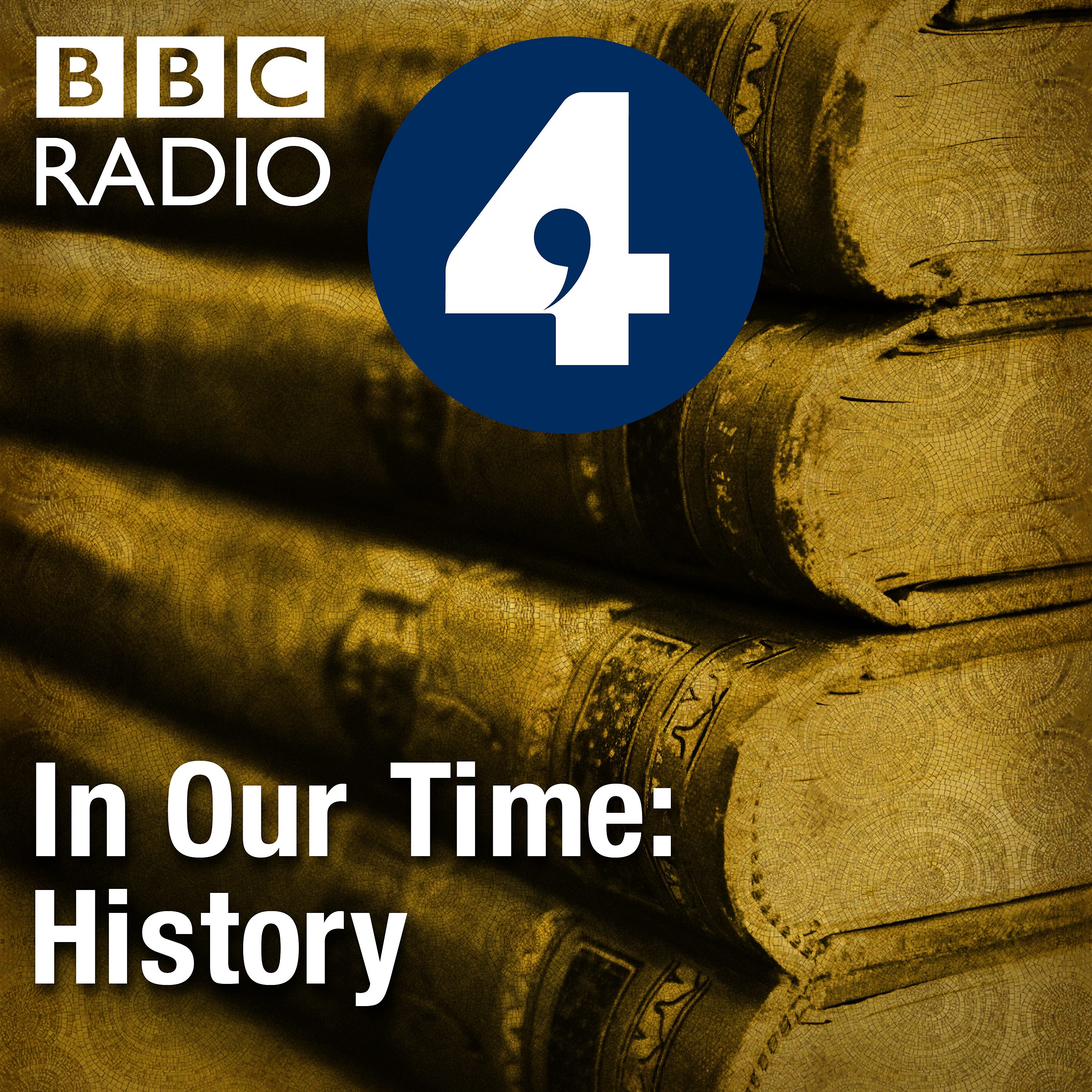Chartism
Description
On 21 May 1838 an estimated 150,000 people assembled on Glasgow Green for a mass demonstration. There they witnessed the launch of the People’s Charter, a list of demands for political reform. The changes they called for included voting by secret ballot, equal-sized constituencies and, most importantly, that all men should have the vote.
The Chartists, as they came to be known, were the first national mass working-class movement. In the decade that followed, they collected six million signatures for their Petitions to Parliament: all were rejected, but their campaign had a significant and lasting impact.
With
Joan Allen
Visiting Fellow in History at Newcastle University and Chair of the Society for the Study of Labour History
Emma Griffin
Professor of Modern British History at the University of East Anglia and President of the Royal Historical Society
and
Robert Saunders
Reader in Modern British History at Queen Mary, University of London.
The image above shows a Chartist mass meeting on Kennington Common in London in April 1848.
More Episodes
Published 10/31/24
Melvyn Bragg and guests discuss the notorious attack of 4th of May 1886 at a workers rally in Chicago when somebody threw a bomb that killed a policeman, Mathias J. Degan. The chaotic shooting that followed left more people dead and sent shockwaves across America and Europe. This was in...
Published 10/31/24
Melvyn Bragg and guests discuss one of the major figures in Victorian British politics. Disraeli (1804 -1881) served both as Prime Minister twice and, for long periods, as leader of the opposition. Born a Jew, he was only permitted to enter Parliament as his father had him baptised into the...
Published 10/17/24


